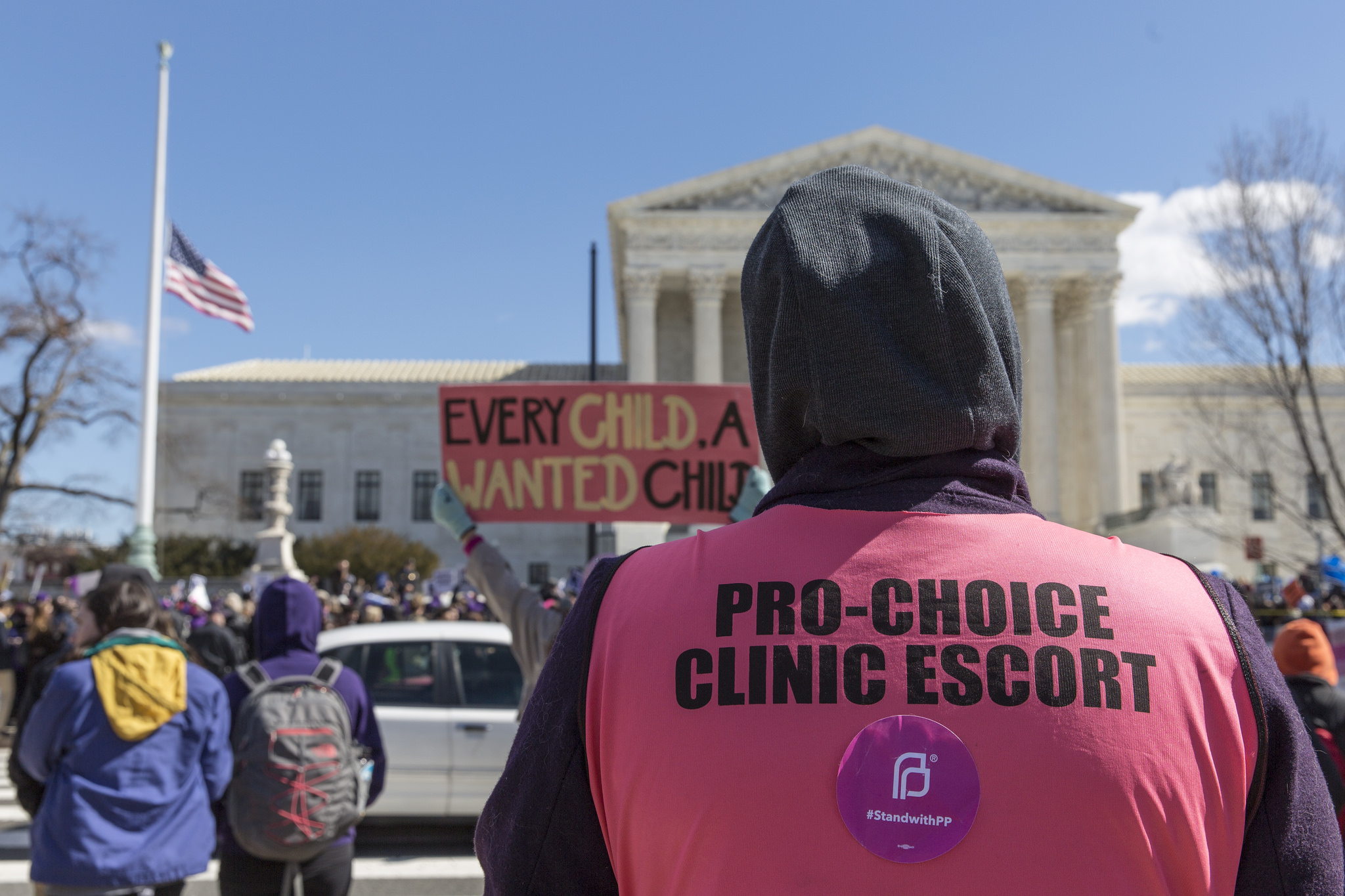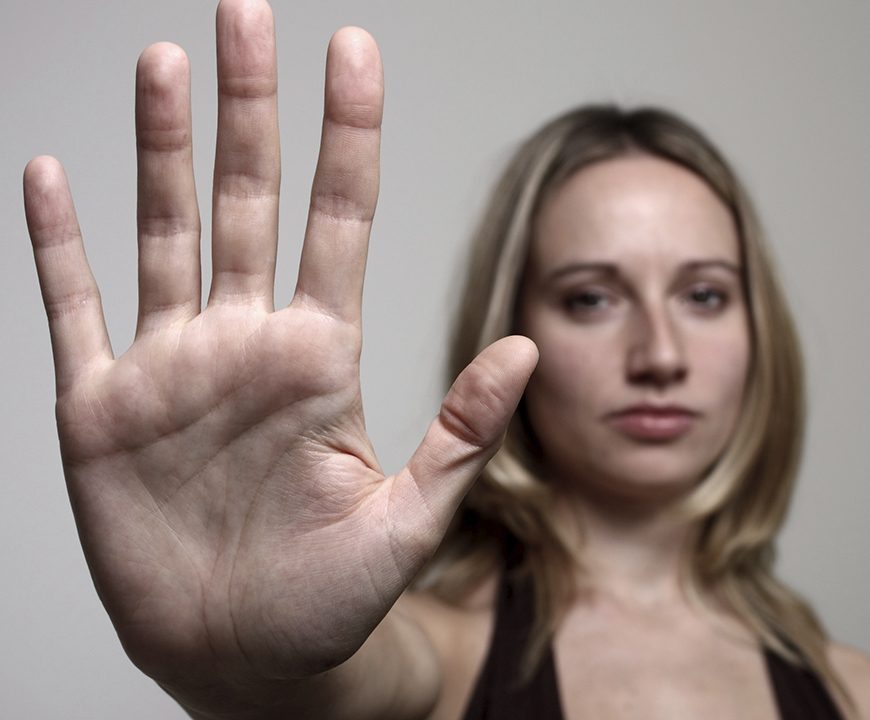When the Wage Gap and Abortion Restrictions Meet, Women Lose
Today, we mark Equal Pay Day—a day that symbolizes how far into 2016 women must work to make what men made in 2015 alone. Women who work full time, year round have to work more than 15 months to make the same amount that men make in just 12. And based on today’s wage gap, women will typically make $430,480 less than their male counterparts over a forty year career. For women of color, the disparities are even greater.
 Last year, we took a closer look at the wage gap and abortion restrictions in certain states. Turns out that hostility towards reproductive rights and hostility towards women’s economic security are often worst in the same states, leaving women in a real bind. In 2014, seven of the ten states with the worst wage gaps were extremely hostile to abortion, meaning they had at least six abortion restrictions. States with four or more restrictions on abortion had a worse wage gap, on average, than states that with fewer restrictions, putting women in a lose-lose situation.
Last year, we took a closer look at the wage gap and abortion restrictions in certain states. Turns out that hostility towards reproductive rights and hostility towards women’s economic security are often worst in the same states, leaving women in a real bind. In 2014, seven of the ten states with the worst wage gaps were extremely hostile to abortion, meaning they had at least six abortion restrictions. States with four or more restrictions on abortion had a worse wage gap, on average, than states that with fewer restrictions, putting women in a lose-lose situation.
Equal pay is essential to achieving economic justice, and economic justice and reproductive justice are inextricably linked. Access to comprehensive reproductive health care allows women to decide if and when to start a family, allowing women to invest in education and career opportunities. When women do pursue those opportunities, they need to be fairly compensated for their work. When politicians interfere with women’s health care, it threatens women’s economic security. The women hardest hit by abortion restrictions are often already economically vulnerable—they are disproportionately poor and many work in low-wage jobs and part-time positions. The additional burdens imposed by abortion restrictions can be devastating for these women, further entrenching economic instability and threatening future economic security and opportunity.
Women need politicians to do an about face—stop interfering with health care and start working towards policies that could actually make a difference in women’s lives, including closing the wage gap and ensuring equal pay. Equal pay day seems like a good day to start.




